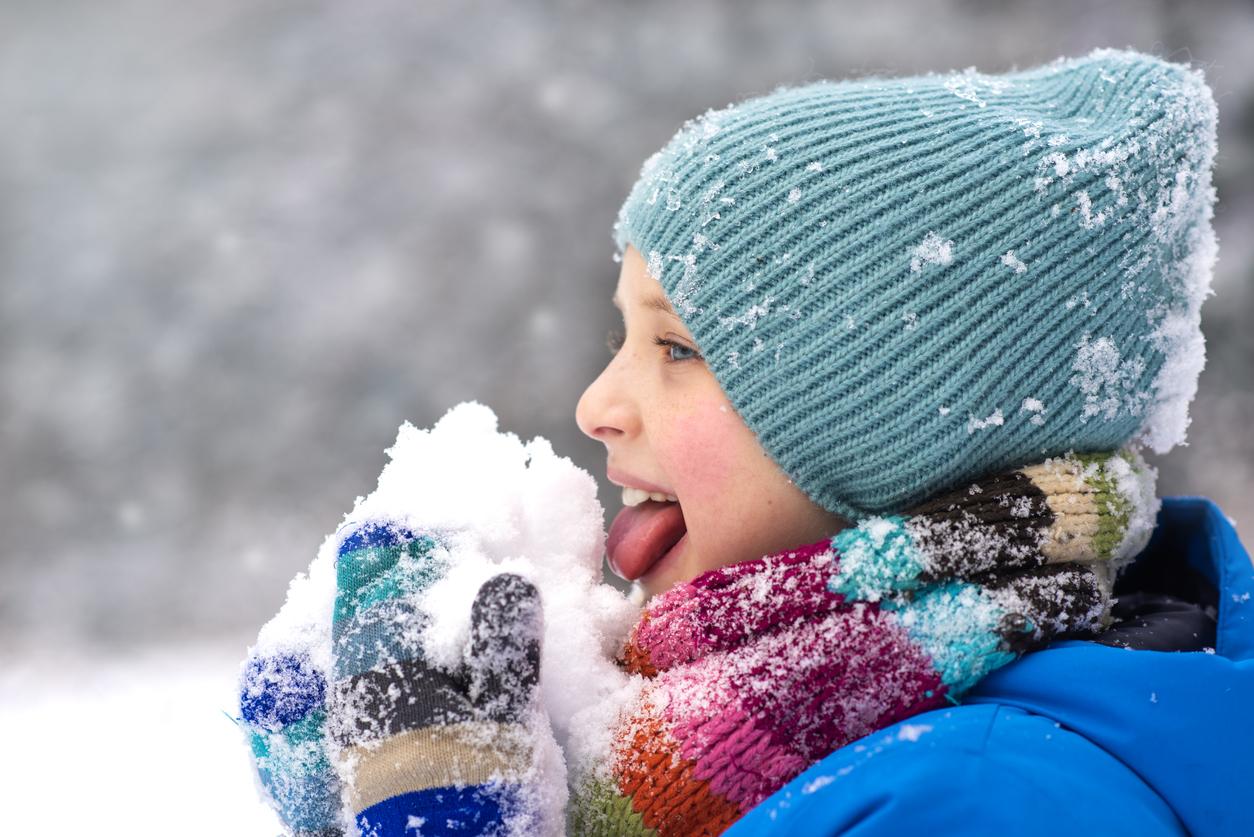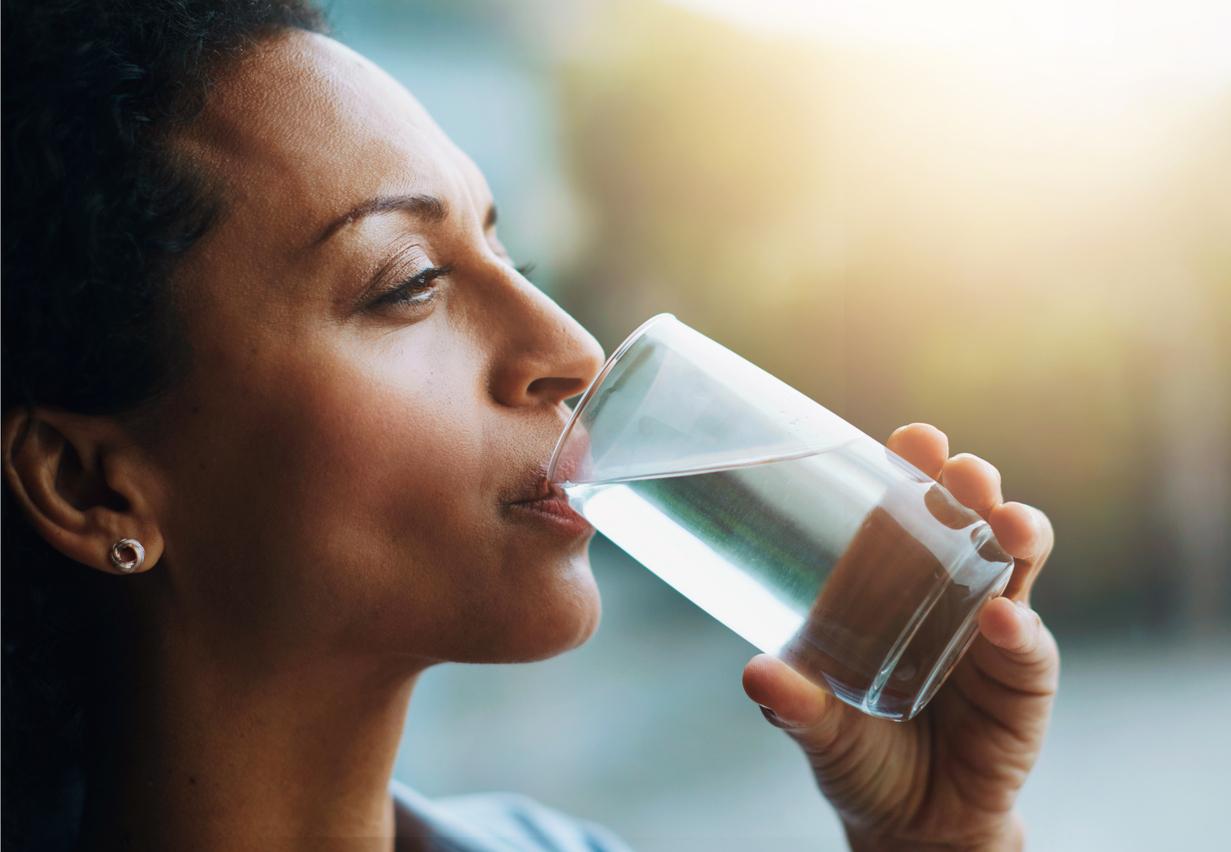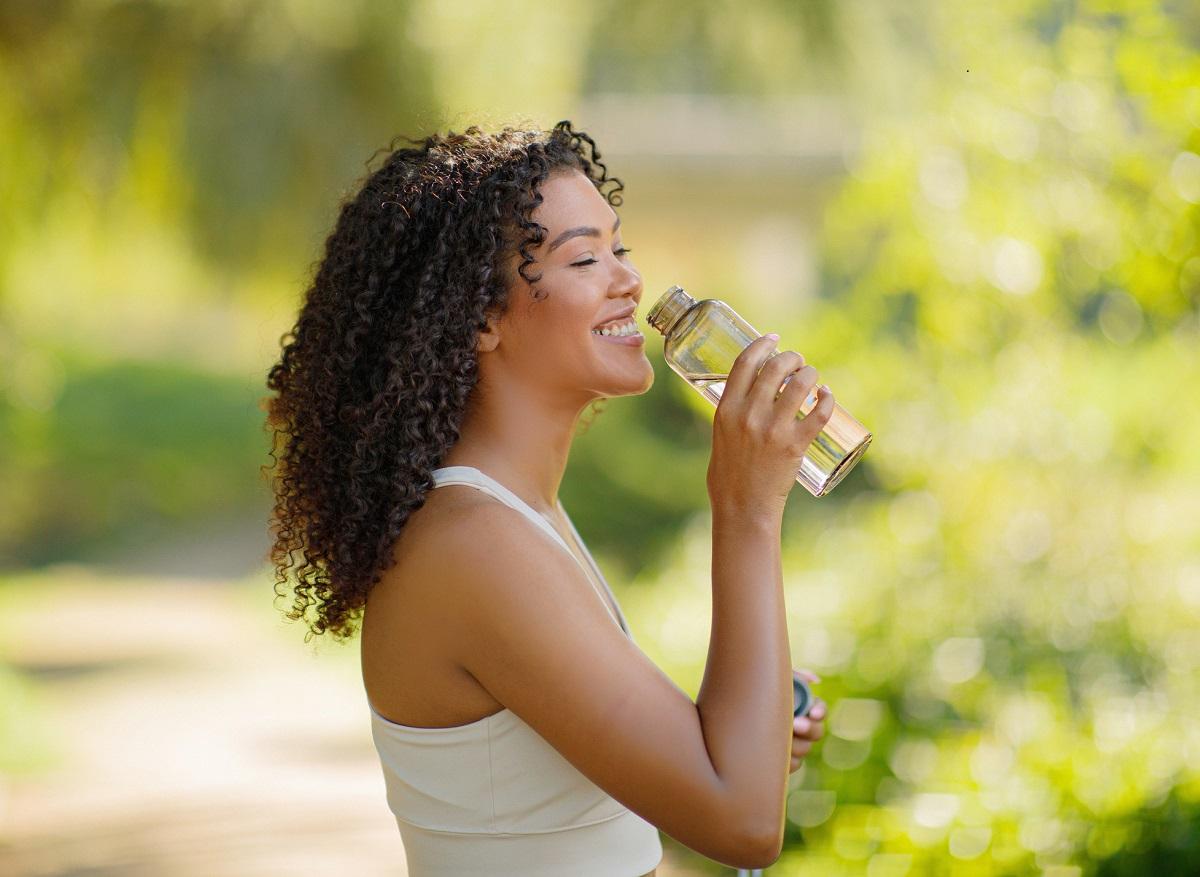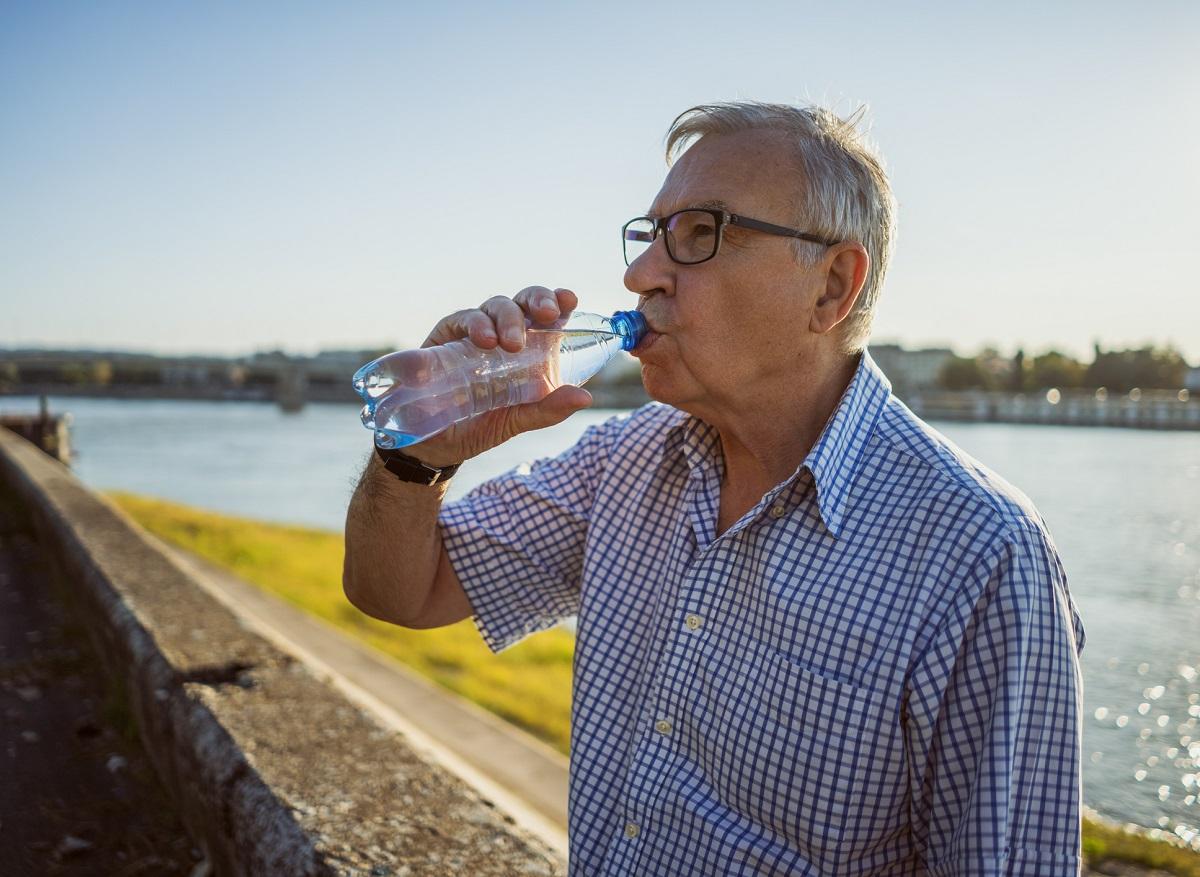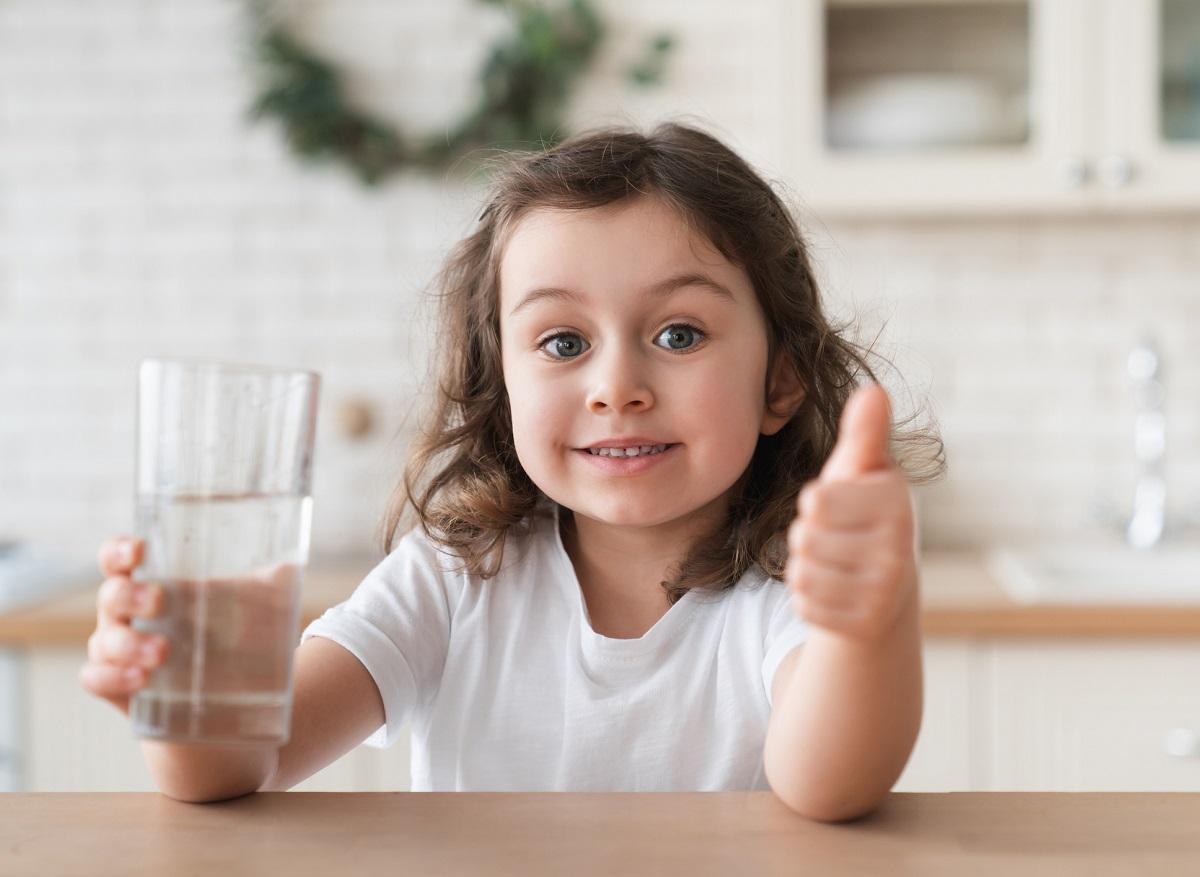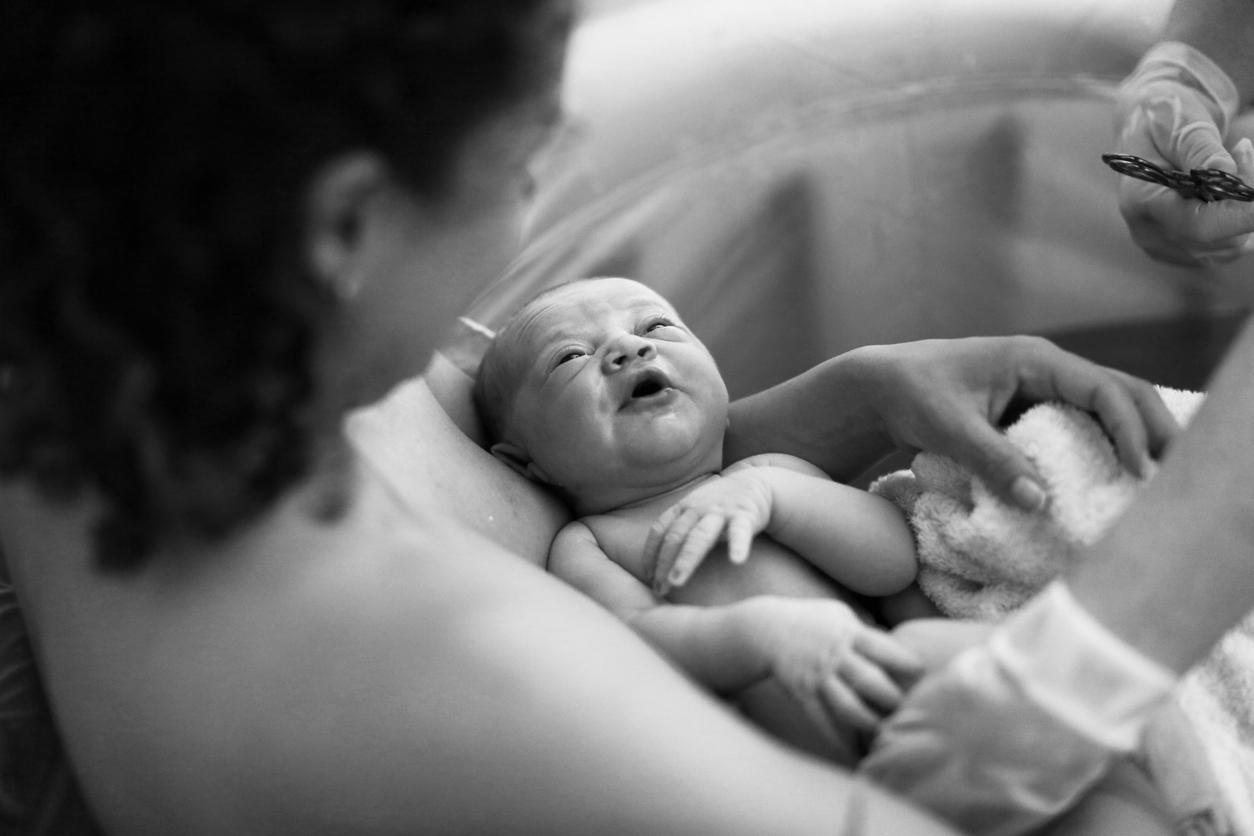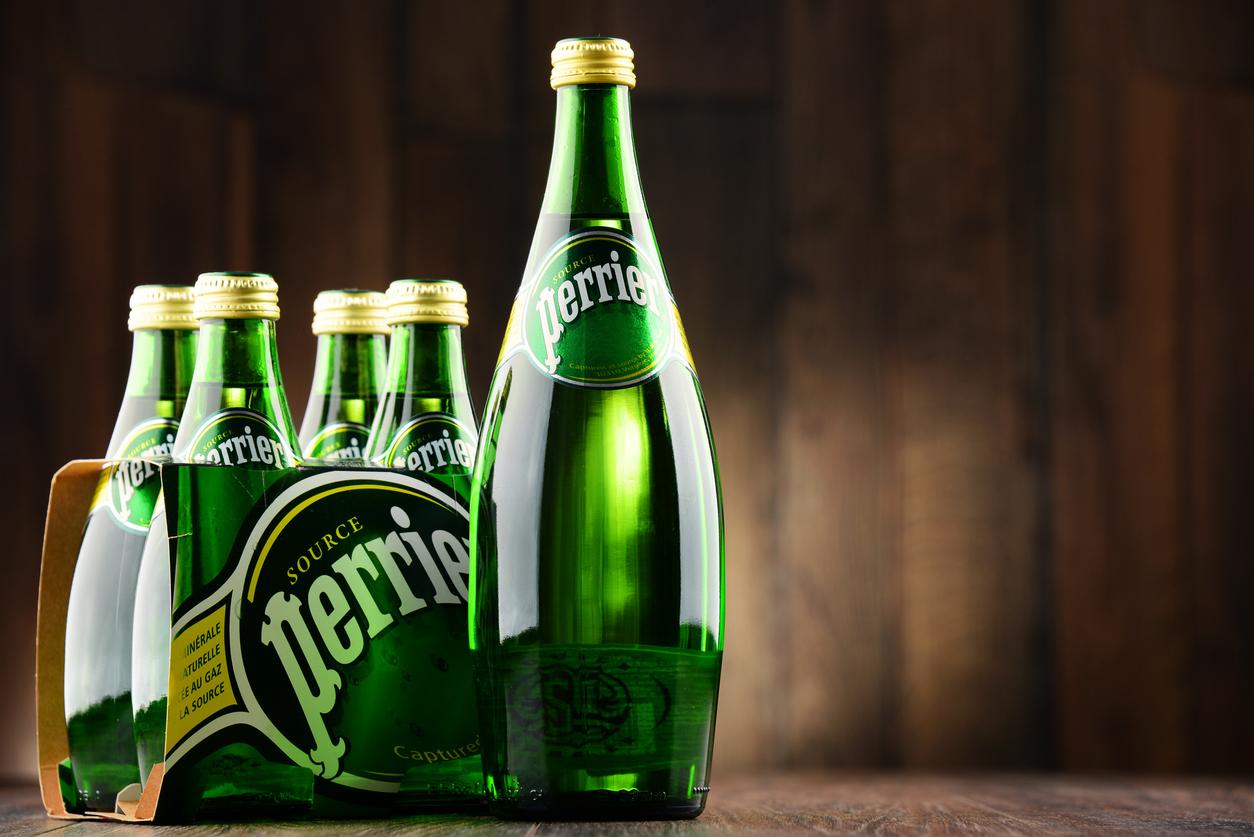How to know the tap water in your area
“The water delivered to the tap is very controlled, at all stages of production”. It is with these words that the General Directorate of Health (DGS) wants to reassure the French about the quality of drinking water, and give them confidence in its consumption.
The DGS recalls in particular that “in addition to the monitoring provided by the operator, the catchments, treatment stations and distribution networks of drinking water up to the consumer’s tap are subject to regular health checks. “, and this, “each year, by more than 31,0000 samples, nearly 800 measured parameters and more than 8 million analytical results”. And “in addition to the organization of analysis campaigns and the health interpretation of the results, the health control includes the distribution of consumption instructions if a quality limit is exceeded”.
The French are invited to go to the Eaupotable.sante.gouv.fr website, in order to access “in complete transparency” the latest drinking water analysis results in the region of their choice. At least, in four regions for the moment, on an experimental basis. And in all regions by the end of the year.
Each citizen can also go to the town hall to find out the results of the health control analyses.
They call for good quality water
Have signed the text of Davis Servan-Schreiber:
Bernard Cressens, Scientific Director of WWF-France, Prof. Jean-Claude Lefeuvre, former President of the French Institute for Biodiversity, Prof. Luc Montagnier, 2008 Nobel Prize in Medicine, Prof. Jean-Marie Pelt, President of the European Institute of Ecology, Prof. Gilles-Eric Séralini, Chairman of the Criigen Scientific Council (Committee for Independent Research and Information on Genetic Engineering), Prof. Lucien Israël, Emeritus Professor of Medical Oncology, Prof. Franco Berrino , from the Talian Cancer Institute, Dr. Annie Sasco, doctor of epidemiology, cancer prevention specialist…
Tap water: good quality?
Tap water is generally of good quality in France if the regulatory standards are taken as evaluation criteria. However, people sick with cancer or who have gone through the disease must benefit from drinking water of “irreproachable” quality in the name of the precautionary principle. Many studies establish links between cancer and water pollutants, announces the WWF and the association Guerir.
This press release specifies that in France, the quality of the water varies according to the regions and according to the periods of the year, because of the agricultural activity. In fact, weakened people can be exposed, without knowing it, to levels of nitrates and pesticides higher than the standards.
In addition, quality standards have not changed despite new knowledge on pollutants with hormonal effects (certain pesticides, certain hormones, bisphenol A, etc.) or on the presence of medicinal derivatives.
Precautions should therefore be taken.
The WWF therefore advises people with cancer or who have gone through the disease to drink tap water daily only if they are sure of its quality, and if not to equip themselves with a quality filter or to drink bottled water. These are short-term solutions that need to be applied precisely: you have to follow the instructions for the filters and recycle the bottles.








